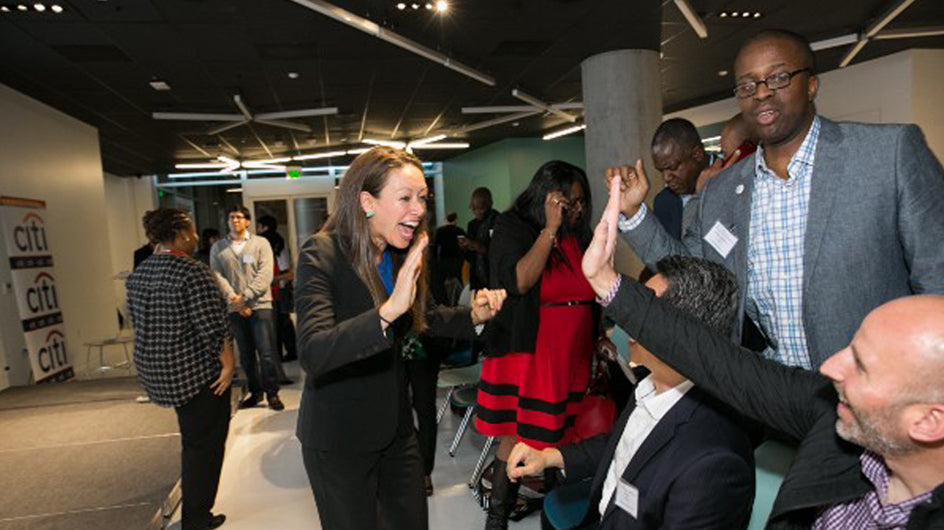
"Forty-percent of an individual’s healthcare outcomes are affected by social determinants, such as education level, home zip code and income level. Inequality plays an integral role in how patients progress through treatment or if they even have access to it, and strongly correlates with their chronic disease burden.
Simply put, the wealthier and/or more educated you are, the better your health prognosis.
In San Francisco, inequality of access not only affects those who need healthcare services — it is also a barrier to those who are working to improve them. Only eight percent of venture investments go towards female-led enterprises, and less than three-percent of investments go to minority-led companies. Research shows that diverse teams are more likely to be successful, and the more diverse a team, the more perspectives that team brings to solving a given problem."
